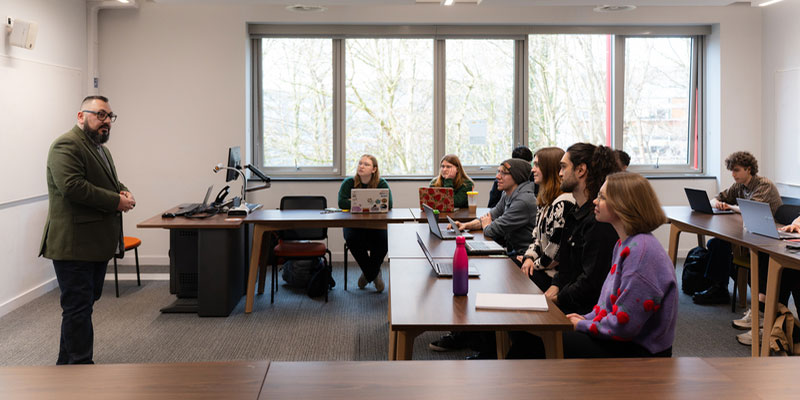Join a vibrant, internationally-recognised research community to produce a meaningful thesis on a topic of your choosing.
Why study languages and linguistics at York?
The study of language and linguistics provides a window into the mind and reveals more about people and society. Our expertise in linguistics, interpreting and translation offers you the opportunity to choose from a variety of research degrees.
You'll join our leading research community. We regularly work with researchers from other departments, as well as collaborators both nationally and internationally. Our work bridges the arts and humanities, sciences and social sciences.




